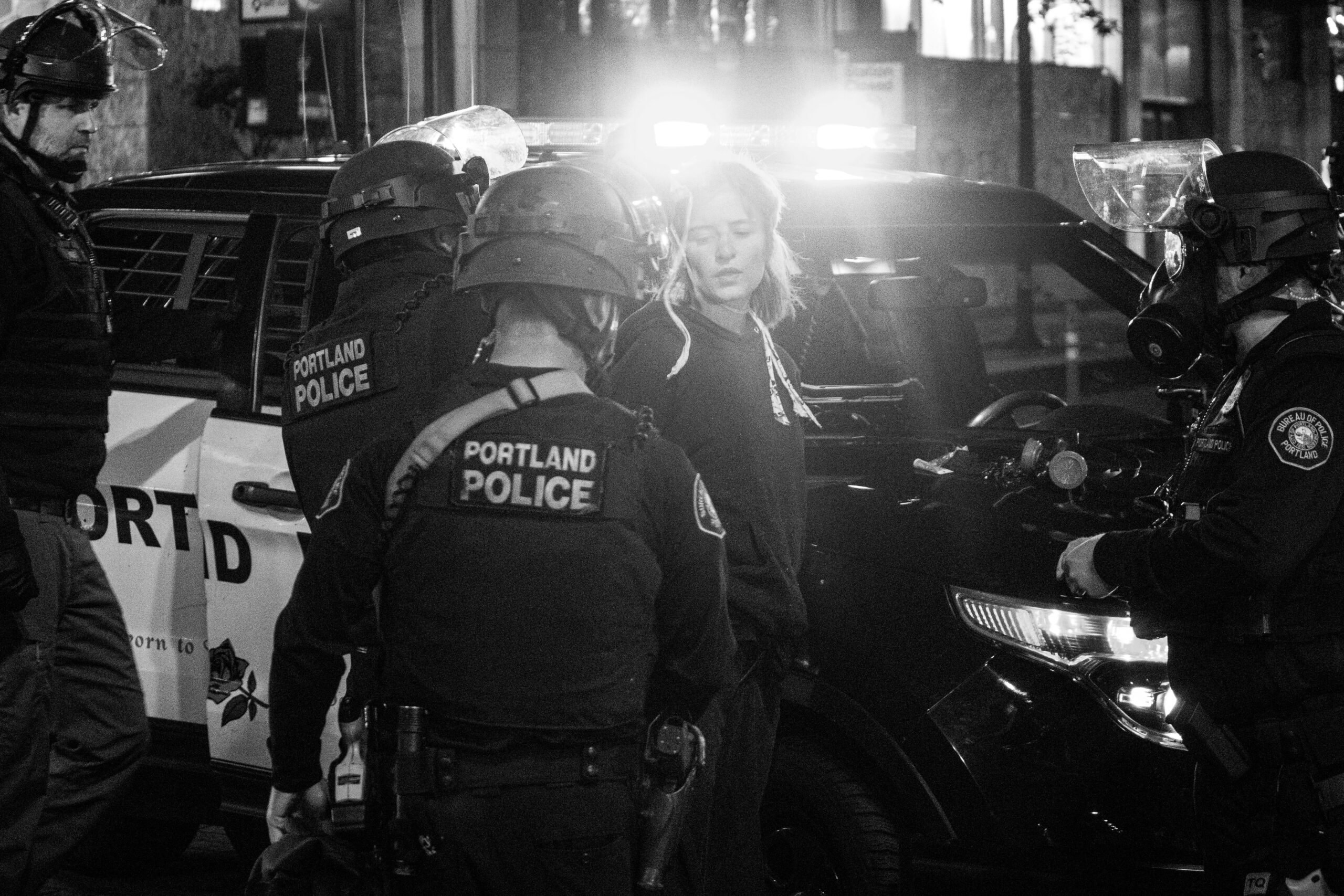As a former prosecutor turned criminal defense attorney, I’ve seen countless individuals make critical mistakes during police investigations, often without realizing the impact these decisions would have on their cases. Whether you’re the subject of an investigation or merely a person of interest, understanding your legal rights is essential. Police interrogations and investigations are designed to gather evidence, and if you don’t know your rights, you may inadvertently incriminate yourself.
This guide will explain the key rights you have during a police investigation and why they matter, focusing on two of the most fundamental protections: your right to remain silent and your right to an attorney. Let’s dive into these essential protections and how to exercise them properly.
The Right to Remain Silent: Your Best Protection
Perhaps the most well-known right, the right to remain silent, stems from the Fifth Amendment of the U.S. Constitution, which protects individuals from self-incrimination. While the words “You have the right to remain silent” have become part of pop culture, many people don’t fully grasp the importance of exercising this right.
When Does This Right Apply?
Your right to remain silent is triggered when you are in custody and subject to interrogation. Custody typically means you’ve been detained or are otherwise not free to leave, while interrogation refers to any situation where the police are asking questions designed to elicit incriminating responses.
If you’re stopped for questioning or arrested, the police must read you your Miranda rights, which include the right to remain silent and the right to an attorney. However, it’s important to know that even if the police haven’t read you your rights, you can still choose to remain silent and ask for a lawyer.
Why It Matters
Once you start speaking, anything you say can—and almost certainly will—be used against you. As a former prosecutor, I’ve seen statements made to police that people thought were harmless or exculpatory turn into evidence that significantly harmed their cases. Even if you’re innocent or believe you can explain yourself, it’s almost always safer to remain silent.
How to Exercise This Right
You must clearly state that you are invoking your right to remain silent. It’s not enough to simply stop talking or act uncooperative. You need to say something like:
- “I am invoking my right to remain silent.”
- “I do not want to answer any questions.”
Once you’ve invoked this right, the police must stop questioning you. If they continue, your attorney can later argue that any statements you made after invoking this right should be excluded from evidence.
Common Mistakes to Avoid
- Volunteering information: Even before the police start questioning you, avoid volunteering any information. Conversations that seem casual or non-threatening can quickly become incriminating.
- Talking to the police to “clear things up”: Many people believe that if they just explain their side of the story, the police will understand and let them go. Unfortunately, the police aren’t there to “clear things up” for you. They’re building a case, and even innocent-sounding statements can be used to establish timelines, motives, or inconsistencies.

The Right to an Attorney: Don’t Go It Alone
The second crucial right during a police investigation is your right to an attorney, which is grounded in the Sixth Amendment. The moment you’re taken into custody and subject to questioning, you have the right to consult with and be represented by an attorney.
Why This Right is Important
As your advocate, an attorney will ensure that your rights are protected and that you don’t accidentally make incriminating statements. Having legal representation also shifts the balance of power in your favor—police officers are trained to extract information, and without an attorney, you may unknowingly give them what they need.
An attorney will:
- Advise you on whether to speak or remain silent.
- Ensure that police questioning doesn’t violate your rights.
- Help you understand the charges or potential charges against you.
– Communicate with law enforcement on your behalf to gather more information about the investigation.
How to Invoke This Right
Like the right to remain silent, you must clearly invoke your right to an attorney. Saying something like:
- “I want to speak to a lawyer.”
- “I will not answer any questions without my attorney present.”
Once you’ve invoked this right, all questioning must stop until your lawyer is present. If the police continue to question you without your attorney, any statements you make may be deemed inadmissible in court.
When to Invoke Your Right
The moment you feel you’re under investigation or being asked questions that could incriminate you, request an attorney. Even if the police insist that you’re “just helping” or that you’re “not in trouble,” invoking your right to counsel is always a smart move.
Common Mistakes to Avoid
- Waiting too long to ask for a lawyer: Some people wait until they’re deep into questioning before asking for an attorney. The longer you wait, the more likely you are to say something that could be harmful.
- Believing that hiring an attorney makes you “look guilty”: There’s a misconception that innocent people don’t need lawyers. In reality, having an attorney protects you from being manipulated into making mistakes, regardless of whether you’re guilty or innocent.
Searches and Seizures: Know When to Say No
While not as frequently invoked as the right to remain silent and the right to an attorney, the Fourth Amendment’s protection against unreasonable searches and seizures is another crucial aspect of protecting yourself during a police investigation.
Do the Police Need a Warrant?
In most situations, police need a warrant to search your home, car, or personal belongings. There are exceptions, such as if you give consent or if there’s probable cause that evidence is in imminent danger of being destroyed.
How to Protect Yourself
If the police ask to search your property, you have the right to say no. Clearly state that you do not consent to a search, but don’t physically resist if they proceed anyway. Saying “no” can protect your rights in court, even if the police go ahead with the search.
Being Stopped on the Street or in Your Car
If you’re stopped by police on the street or during a traffic stop, the dynamics are slightly different from being in custody. However, you still have rights.
On the Street
- You have the right to ask if you’re free to leave: If the police stop you and start asking questions, you should ask, “Am I free to leave?” If they say yes, calmly walk away. If they say no, you are being detained, and you should invoke your right to remain silent and request an attorney.
- You don’t have to answer questions: Even if you’re not under arrest, you can still refuse to answer police questions.
In Your Car
- Provide your identification: In most jurisdictions, you must provide your license, registration, and proof of insurance during a traffic stop.
- You can refuse consent to search: Unless the police have probable cause or a warrant, you don’t have to let them search your vehicle. Clearly state that you do not consent.
Final Thoughts
Understanding and asserting your rights during a police investigation can be the difference between a dismissed case and serious criminal charges. It’s easy to feel intimidated when confronted by law enforcement, but remembering your rights—and knowing when and how to invoke them—gives you the protection you need.
We know how law enforcement builds cases, and we’ve seen how crucial it is for clients to exercise their rights early in an investigation. The police may be skilled at gathering evidence, but your rights are your best defense against being treated unfairly or coerced into incriminating yourself.
If you’re ever in doubt, the safest thing to do is to remain silent and request an attorney. Protect yourself first—let your lawyer handle the rest.

